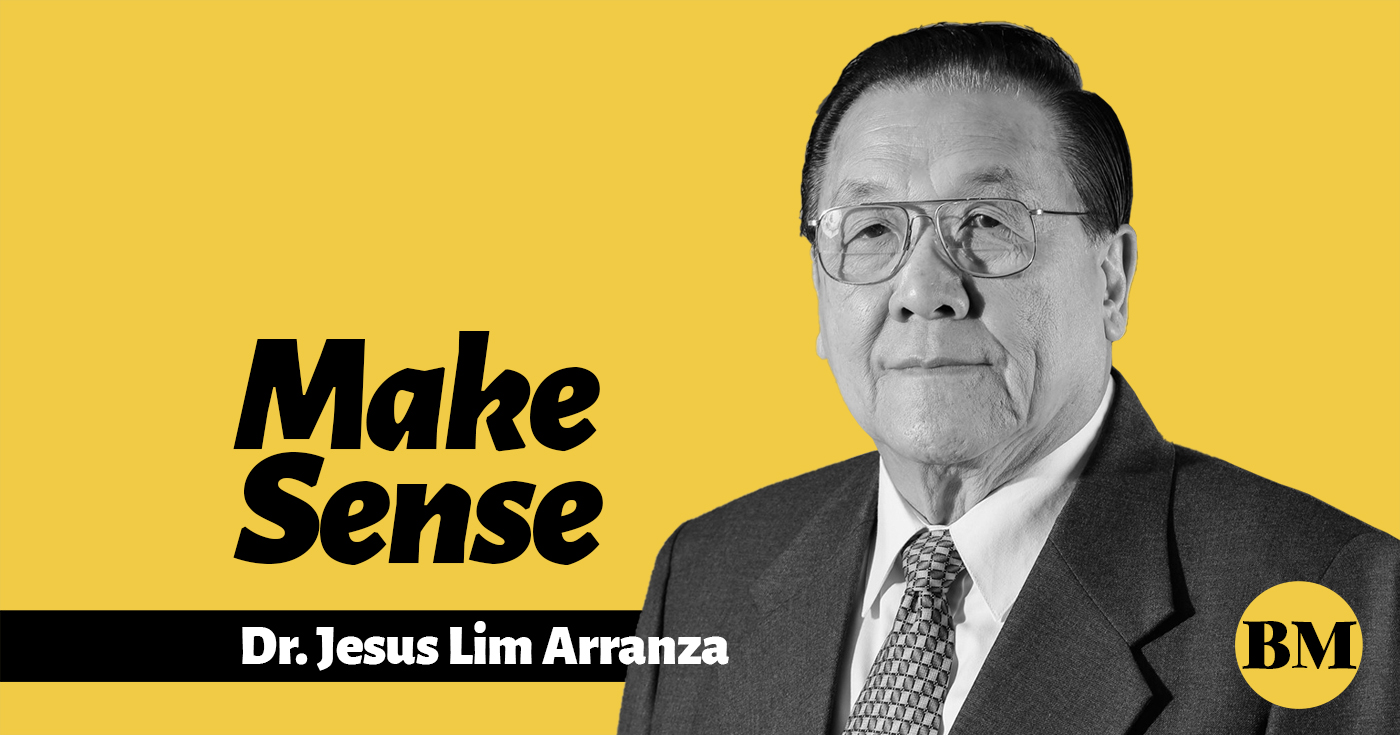
We have many brilliant leaders who were schooled and trained in the best institutions in the world. Their actions are cloaked with the most noble of intentions to alleviate poverty. Their advocacies are on a par with the most serious programs of other global leaders. Throughout our history, we have proudly proved our patriotism and willingness to sacrifice for the welfare of our country. In fact, President Aquino has committed to squarely confront this worsening problem with the belief that if there’s no corruption, there would be no poverty.
Nation of achievers
WE have a long list of exemplary achievers in the fields of business, the arts, sports and literature, and even in the military. The entrepreneurial milestones reached by one of Asia’s richest persons, Henry Sy Sr., are acknowledged globally. He revolutionized the Philippine retailing sector with his giant malls. Now, he owns the country’s largest bank and has started to build his property business.
We also have Lucio Tan’s business empire, which covers banking, manufacturing, property development, aviation and food processing, among others. His wealth and fame are already the envy of other conglomerate owners.
Ramon Ang’s aggressive expansion of his business continues to be in motion. San Miguel Corp. is now an accepted brand worldwide, and its overseas manufacturing and distribution operations have already penetrated even China. Petron Corp., the country’s largest oil refinery and distributor, is expanding its oil-refinery business in Malaysia. His group is now a major player in infrastructure development, energy and mining.
We have many other local taipans. Enrique Razon Jr.’s port operations now enjoy the upper hand in the international arena after winning huge contracts in Mexico, Indonesia and Europe. Now he’s also into gaming and entertainment.
In other areas, like sports and the arts, we have iconic personalities, like Manny Pacquiao, who holds an unmatched record of winning in eight boxing divisions; Paeng Nepomuceno, who won at least six international bowling titles; and Lea Salonga, whose acclaimed performances on West End and Broadway captured the hearts of elite audiences in Europe and the United States. The list of Filipino achievers is long. We have a fair and proud claim to being among the world’s best and brightest.
Nation in crisis
BUT why is our economy weak and uncompetitive? Why can’t our political system boost our long-term chances of creating a strong nation, one where poverty is constantly decreasing? In a recent speech, Sen. Grace Poe accurately described the country’s poverty dilemma, saying that at least 15 million Filipino children are suffering from hunger. At least 2 million are perilously living on sidewalks and under bridges. Millions have no houses, no future and no basic education, and have no correct concept of a career or profession. Human aspirations—yes, they definitely have them. But hope? Probably not.
Hope in our future
THE initiatives and programs of the Aquino administration have improved our situation. Our macroeconomic fundamentals indicate progress and give confidence in our ability to manage our perennial problems. The country’s 6-percent average economic growth is impressive. Foreign direct investments (FDI) have increased, even though our other regional neighbors have more of these. And the annual $25 billion in remittances sent by overseas Filipino workers help ensure our economic stability.
These provide us a brief window to explore the long-term solutions to eradicate poverty. In Malaysia, for example, there are no informal settlers and street dwellers who live in dehumanizing conditions. Such people are now a common sight on our streets. Sadly, we have become increasingly insensitive to their plight. Some of us even place the blame on the poor themselves. As Poe lamented, we just don’t care enough.
Indeed, we have to review the solutions that we usually propose. We have to closely revisit our 1987 Constitution. The next president of the country must bravely lead the discourse on whether our Constitution should be amended or not and decide on what action to take.
Every six years we elect our national leaders, and every three years we choose our local leaders. But we elect them using the same weak dynamics in choosing their predecessors. Platforms and programs are blurred and were never really the bases for the electorate to decide on who to vote for. The fundamental differences between political parties are not fully defined. Popularity has a premium. Competence is not the major factor for an electoral victory. This would explain why even our best leaders failed. The problems are simply bigger than them.
As they always say, doing the same thing the same way and expecting a different result is foolish. And in a political system that does not guarantee any continuity in the good programs of our elected leaders, we shall perpetually play a game of chance and, in the process, continue to be trapped in solving long-term problems—like poverty—with short-term solutions.
Ariel Nepomuceno is the deputy commissioner for the Enforcement Group of the Bureau of Customs.



























